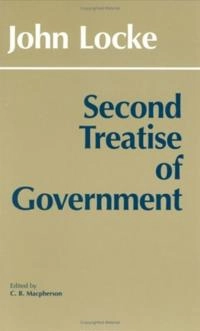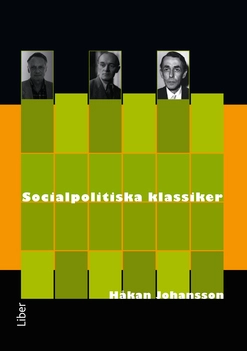

Second treatise of governmentUpplaga 1
- Upplaga: 1a upplagan
- Utgiven: 1980
- ISBN: 9780915144938
- Sidor: 148 st
- Förlag: Indianapolis, Ind. Hackett Pub. Co
- Format: Inbunden
- Språk: Engelska
Om boken
Åtkomstkoder och digitalt tilläggsmaterial garanteras inte med begagnade böcker
Mer om Second treatise of government (1980)
1980 släpptes boken Second treatise of government skriven av John Locke. Det är den 1a upplagan av kursboken. Den är skriven på engelska och består av 148 sidor. Förlaget bakom boken är Indianapolis, Ind. Hackett Pub. Co.
Köp boken Second treatise of government på Studentapan och spara pengar.
Referera till Second treatise of government (Upplaga 1)
Harvard
Oxford
APA
Vancouver



















